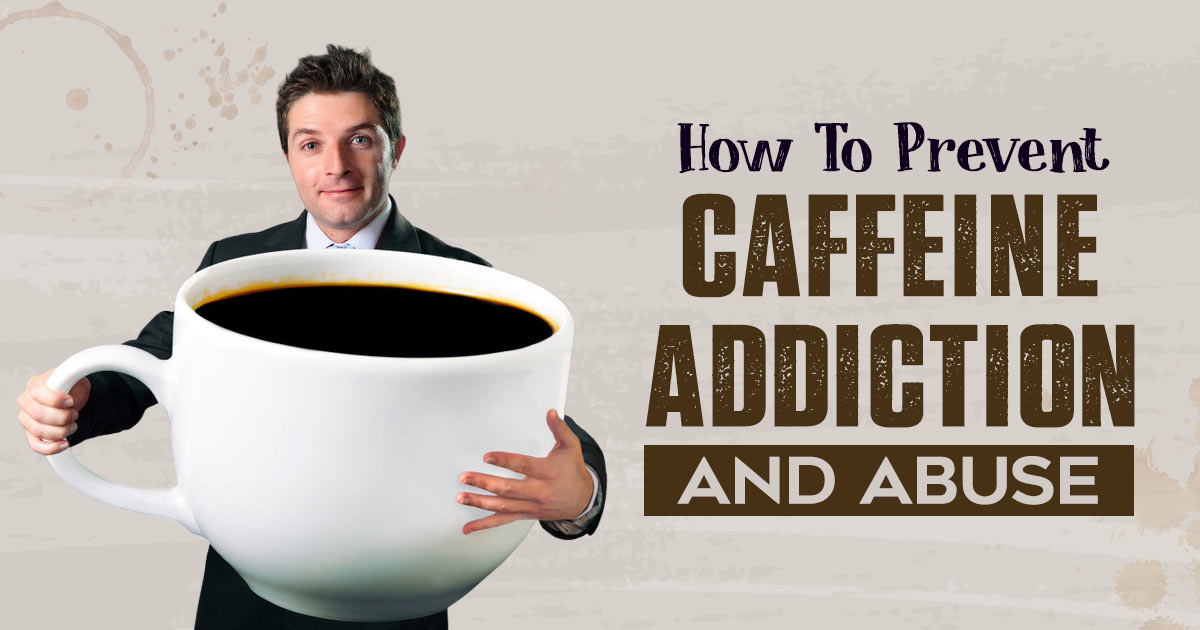Caffeine, a natural stimulant found in coffee, tea, energy drinks, and various other beverages and food items, is deeply ingrained in modern society’s daily routine. It offers a boost of alertness and energy, making it a popular drink of choice. This essay explores the importance of moderating caffeine consumption to achieve a balance between the benefits of alertness and potential health concerns.
The Allure Of Caffeine
Caffeine is cherished for its ability to improve concentration, mental alertness, and wakefulness. Many people rely on it to kickstart their mornings, power through a midday slump, or enhance their performance in various activities. Caffeinated beverages like coffee and tea have become a staple of daily life for millions, often enjoyed for their taste and the sense of comfort they provide.
The Benefits Of Caffeine
Caffeine has a number of benefits:
1. Increased Alertness:
Caffeine acts as a central nervous system stimulant by blocking adenosine receptors, the neurotransmitter responsible for promoting sleep and relaxation. This action results in heightened alertness and reduced perception of fatigue.
2. Enhanced Cognitive Function:
Moderate caffeine intake can improve cognitive functions such as memory, attention, and problem-solving skills. This can be especially helpful during tasks that require sustained mental effort.
3. Mood Enhancement:
Caffeine is known to stimulate the release of dopamine, a neurotransmitter associated with pleasure and reward. This can lead to a temporary mood lift and improved motivation.
4. Improved Physical Performance:
Caffeine can enhance physical endurance and strength by increasing the release of adrenaline, which prepares the body for “fight or flight” responses.
5. Reduced Risk Of Certain Diseases:
Some studies suggest that moderate caffeine consumption may lower the risk of diseases like Parkinson’s, Alzheimer’s, and type 2 diabetes.
The Dark Side Of Caffeine Use
While caffeine offers several advantages, overindulgence or excessive consumption can lead to various negative consequences:
1. Insomnia:
Caffeine’s stimulating effects can interfere with sleep, making it challenging to fall asleep and stay asleep. This can lead to insomnia, which, in turn, can result in chronic sleep deprivation.
2. Nervousness And Anxiety:
High doses of caffeine can cause increased heart rate, restlessness, and nervousness, sometimes leading to anxiety or even panic attacks in sensitive individuals.
3. Digestive Issues:
Caffeine is known to irritate the gastrointestinal tract, potentially leading to issues such as acid reflux, gastritis, or stomach ulcers.
4. Addiction And Tolerance:
Frequent caffeine use can lead to addiction, as individuals may become dependent on it to feel alert. Moreover, regular use can lead to tolerance, requiring higher doses to achieve the same effects.
5. Jitters And Shakes:
Overconsumption of caffeine can cause physical symptoms such as jitteriness, hand tremors, and muscle spasms.
6. Heart Issues:
Excessive caffeine intake can increase blood pressure, which can be problematic for individuals with heart conditions.
7. Withdrawal Symptoms:
Cutting back on caffeine can result in withdrawal symptoms like headaches, fatigue, irritability, and difficulty concentrating.
8. Risk For Certain Groups:
Pregnant women, individuals with certain medical conditions, and those taking specific medications need to be cautious with caffeine consumption due to potential health risks.
Moderation As The Key
Recognizing the duality of caffeine’s effects – both beneficial and potentially harmful – highlights the importance of moderation in its consumption. Moderation is the key to harnessing caffeine’s advantages while avoiding its downsides.
Tips For Moderating Caffeine Consumption
Consider the following tips for moderating caffeine consumption:
1. Know Your Limits:
Everyone has a different tolerance level for caffeine. It’s essential to understand how your body reacts to caffeine and stay within your comfort zone.
2. Set A Maximum Daily Intake:
Establish a reasonable daily limit of caffeine intake and adhere to it. the recommended daily caffeine limit for most adults is around 400 milligrams, equivalent to about four cups of brewed coffee.
3. Watch The Timing:
Be mindful of when you consume caffeine. avoid it close to bedtime to prevent sleep disturbances.
4. Opt For Decaffeinated Options:
Consider switching to decaffeinated versions of your favorite beverages or opt for herbal teas, which are naturally caffeine-free.
5. Stay Hydrated:
Alternate caffeinated beverages with water to maintain proper hydration.
6. Read Labels:
Check the caffeine content on product labels, especially for energy drinks and supplements.
7. Listen To Your Body:
Pay attention to how caffeine affects your body. If you notice negative side effects or signs of overconsumption, consider cutting back.
8. Moderate Alcohol Intake:
Combining alcohol with caffeine can lead to unpredictable effects. Be cautious when consuming caffeinated alcoholic beverages.
Seeking Professional Guidance For Moderating Caffeine Consumption
For individuals who struggle with caffeine addiction or severe health concerns related to caffeine consumption, it’s advisable to seek professional guidance for moderating caffeine consumption. A healthcare provider or a therapist can offer personalized strategies to manage caffeine intake and address potential health issues.




























